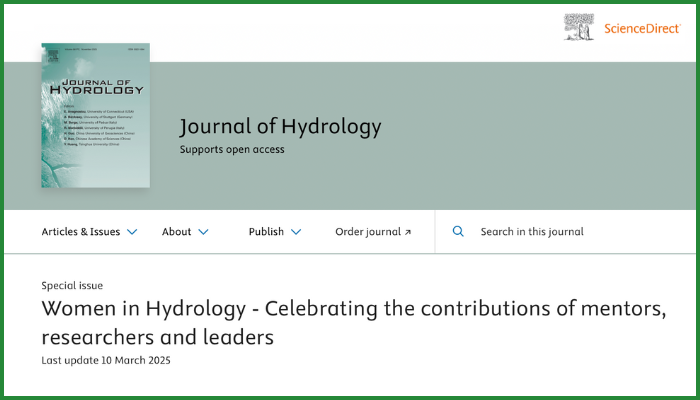It was 2021, and we were not feeling good. COVID-19 was in full force. Personally we were experiencing lockdown conditions, disruptions to our work, schooling and childcare arrangements. Our social media feeds were lighting up with stories about how women scientists were disproportionately exposed to the negative career impacts of the pandemic. The US was reeling from the aftermath of George F ...[Read More]
Public engagement in science: how to position ourselves?
The recent student protests against the war in Gaza reminded all of us that being a member of the academic community requires us to reflect upon our role in society. In Switzerland, the university occupations (see SwissInfo) led to several open letter-type reactions from academic staff, either supporting the protests or on the contrary, recalling that scientists should abstain from activism. This ...[Read More]
Water justice in hydrological research
Water justice has become a crucial discussion in the past decades. Some of the core aspects reflect the questions about who gets involved in the decision-making process, who has access to drinking water, or who gains from flood alleviation schemes. Many hydrologists are struggling to find an answer to these major challenges. The rise of water justice In recent decades, the question of justice in ...[Read More]
How far can we take the DORA rules?
DORA stands for Declaration on Research Assessment, also known as the San Francisco Declaration on Research Assessment. The declaration was developed back in 2012 during the Annual Meeting of the American Society for Cell Biology in San Francisco and has become a worldwide initiative since then. The country where you are currently reading this post has most probably signed the declaration (the cou ...[Read More]




